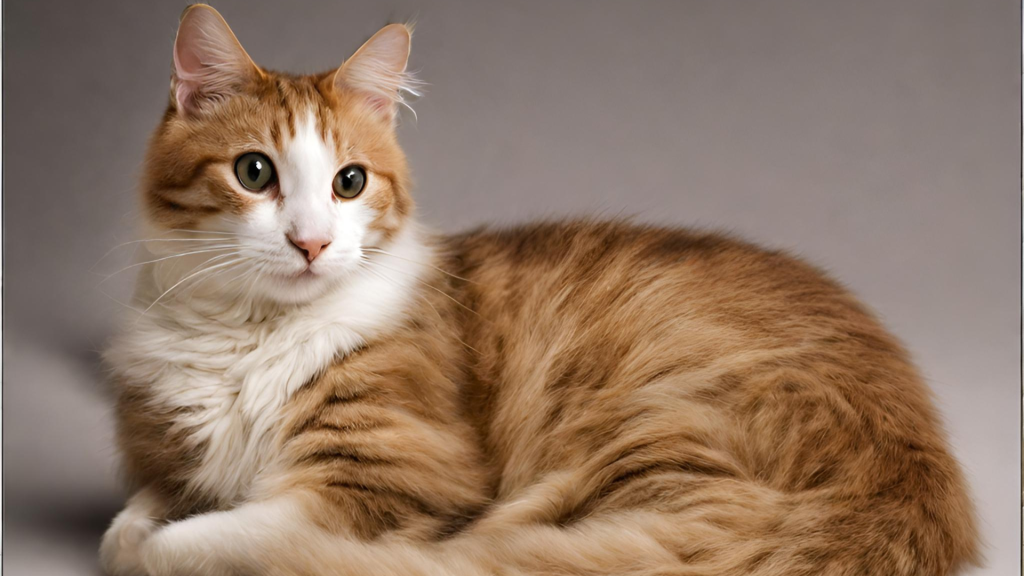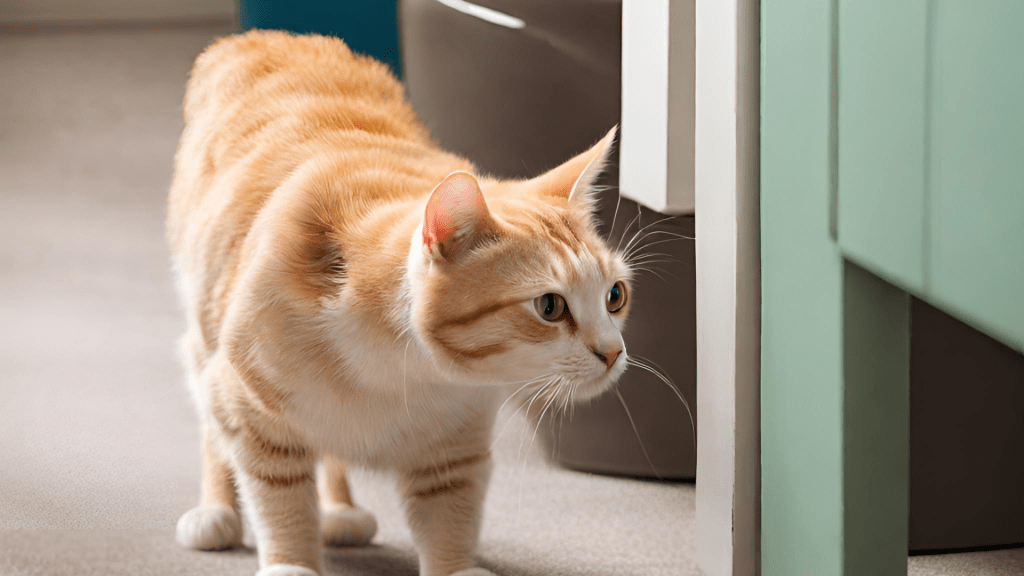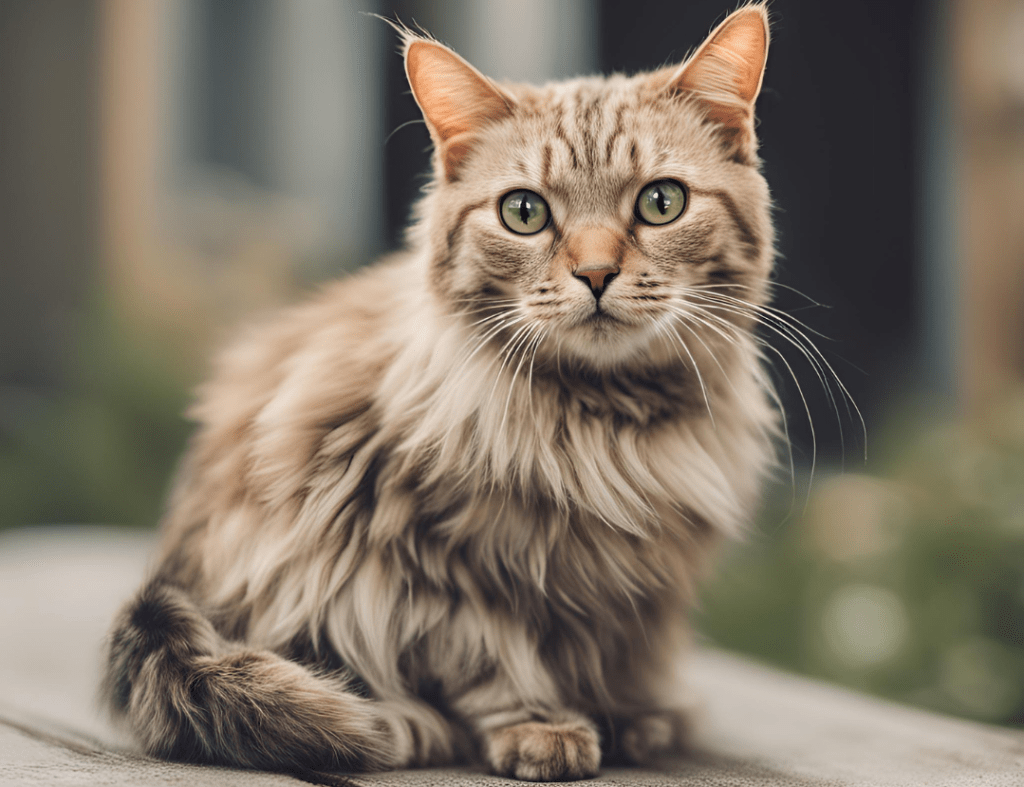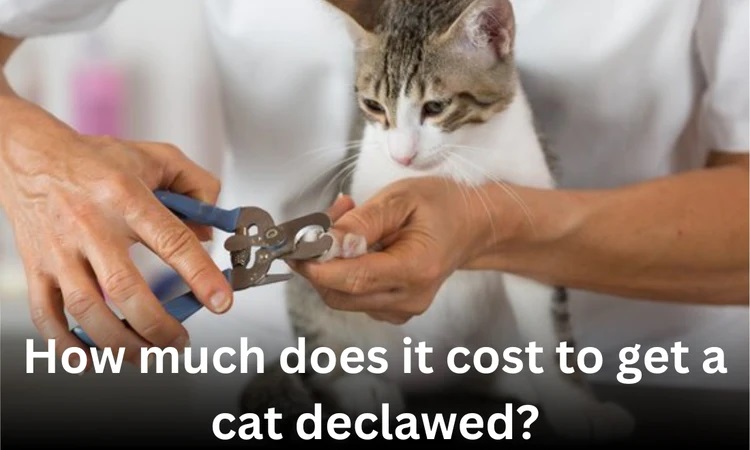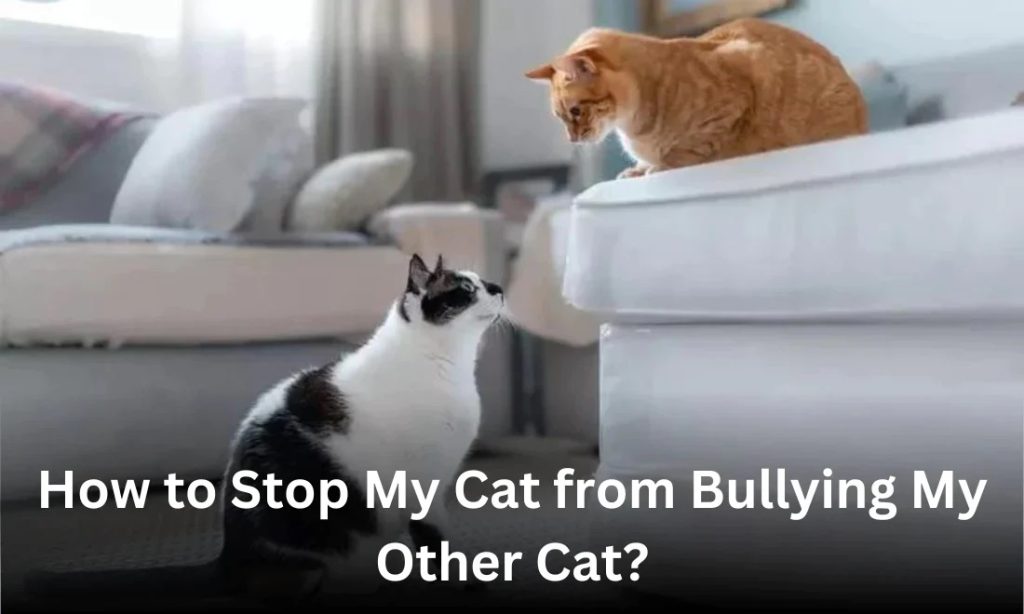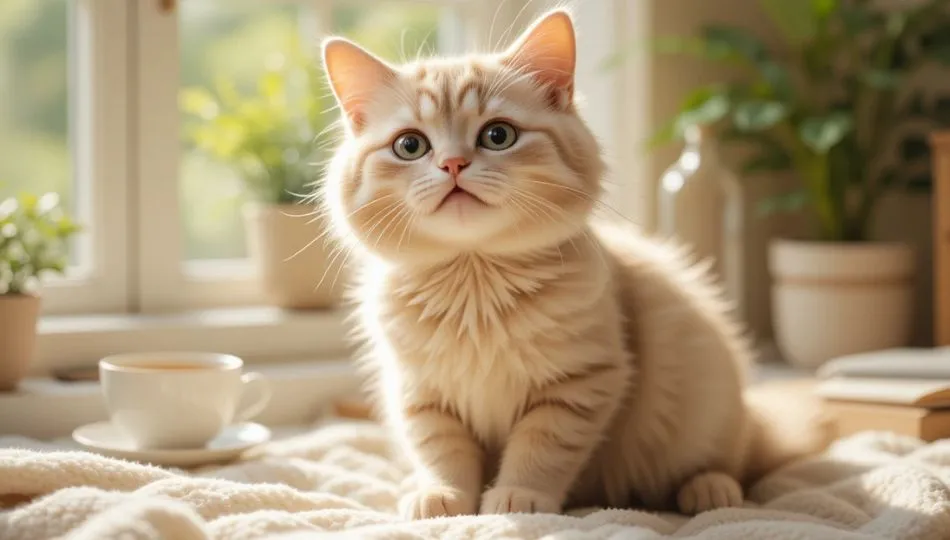
Your cat purrs loudly to express happiness or contentment or to self-soothe during stress or pain. The vibrations can also help with healing.
- What Is Purring and Why Do Cats Do It?
- Why Do Cats Purr Loudly?
- Is Loud Purring a Form of Communication?
- Why Are Some Cats Louder Than Others?
- When Should You Be Concerned About Loud Purring?
- What Does Loud Purring During Cuddles Mean?
- How Does Loud Purring Help Cats Socialize?
- Why Do Cats Purr Loudly During Playtime?
- Can Loud Purring Show Pain or Discomfort?
- How Can You Support a Loudly Purring Cat?
- What Makes Purring So Unique?
- Is Loud Purring a Territorial Behavior?
- Is Loud Purring Just a Habit?
- Why Do Cats Purr Loudly While Sleeping?
- Can Loud Purring Be Contagious Among Cats?
- Bottom Lines
What Is Purring and Why Do Cats Do It?
Purring is a natural behavior in cats, starting when they are kittens. Mother cats purr to communicate with their young, creating a sense of security. Kittens, in turn, purr to show contentment and to bond with their mother.
Why Do Cats Purr Loudly?
Loud purring often indicates that your cat is happy and relaxed. Cats purr loudly when they feel safe and comfortable in their environment. This sound can also be a way for them to express affection toward you.
But, loud purring isn’t always about happiness. Sometimes, cats purr loudly to self-soothe during stressful situations. This behavior helps them calm down and feel more secure.
Is Loud Purring a Form of Communication?
Cats also purr loudly to communicate their needs. For example, they purr to get your attention or ask for food. Paying attention to their body language can help you understand their intentions.
Interestingly, purring has healing properties for cats. The vibrations from purring can promote bone and tissue repair. This explains why cats purr when they are injured or unwell.
Why Are Some Cats Louder Than Others?
Some cats are naturally louder purrers than others. Breed, personality, and individual differences can influence the volume of their purring. If your cat has always purred loudly, it’s just their unique trait.
Environmental factors can also affect how loudly your cat purrs. A quiet, cozy space might encourage louder purring. Conversely, a noisy or stressful environment could make their purring softer.
When Should You Be Concerned About Loud Purring?
If your cat’s purring suddenly becomes louder, monitor their behavior. Changes in purring volume could show health issues or emotional shifts. Consulting a vet can help rule out any underlying problems.
Purring is a complex behavior with multiple meanings. It can signal happiness, stress, or even a request for attention. Understanding your cat’s purring can help you respond to their needs better.
What Does Loud Purring During Cuddles Mean?
Cats often purr loudly during moments of physical closeness. Sitting on your lap or cuddling with you might trigger intense purring. This shows they feel safe and connected to you.
Sometimes, loud purring is a sign of gratitude. Cats may purr loudly after receiving food, treats, or affection. It’s their way of saying thank you.
How Does Loud Purring Help Cats Socialize?
Purring can also be a social tool among cats. In multi-cat households, loud purring can strengthen bonds between feline companions. It helps maintain harmony and reduce tension.
If your cat purrs loudly while kneading, it’s a sign of deep contentment. Kneading is a comforting behavior from kittenhood, often paired with purring. Together, they indicate your cat feels completely at ease.
Why Do Cats Purr Loudly During Playtime?
Loud purring can also occur during playtime. Cats often purr when they are excited and enjoying themselves. This shows they are having fun and feel stimulated.
Older cats purr louder as they age. This is due to changes in their vocal cords or a need for more comfort. Senior cats often seek reassurance through purring.
Can Loud Purring Show Pain or Discomfort?
Some cats purr loudly to mask pain or discomfort. While purring is often positive, it can also be a coping mechanism. Observing other signs of illness is crucial in such cases.
Purring is a versatile form of communication for cats. It can express joy, stress, or even healing intentions. Loud purring is just one of the many ways cats share their feelings.
How Can You Support a Loudly Purring Cat?
If you notice your cat purring loudly more often, consider their overall well-being. Ensure they have a comfortable environment and proper care. A happy cat is more likely to purr with contentment.
Cats also purr loudly when they are exploring new spaces. This helps them feel more confident and secure in unfamiliar surroundings. It’s their way of self-assurance.
What Makes Purring So Unique?
Interestingly, cats can purr at different frequencies. Loud purring occurs at frequencies that promote relaxation and healing. This makes purring a unique and beneficial behavior.
If your cat purrs loudly while eating, it’s a sign of enjoyment. Cats often associate food with comfort and happiness. Loud purring during meals shows they are satisfied.
Is Loud Purring a Territorial Behavior?
Purring can also be a way for cats to mark their territory. By purring loudly, they communicate their presence and claim their space. This is especially common in multi-pet households.
Cats purr loudly when they are seeking attention. If they feel ignored, loud purring can be their way of saying, “Notice me!” Responding to their purring strengthens your bond.
Is Loud Purring Just a Habit?
Sometimes, loud purring is simply a habit. Cats, like humans, have unique quirks and behaviors. If your cat has always purred loudly, it’s likely just their personality.
Purring is a low-energy way for cats to communicate. Unlike meowing, purring requires minimal effort, making it a preferred form of expression. Loud purring ensures their message is heard.
Why Do Cats Purr Loudly While Sleeping?
If your cat purrs loudly while sleeping, it’s a sign of deep relaxation. Cats often purr in their sleep when they feel completely safe. This is a compliment to your care.
Cats also purr loudly when they are curious. Exploring new objects or spaces can trigger intense purring. It’s their way of expressing interest and excitement.
Can Loud Purring Be Contagious Among Cats?
Loud purring can be contagious among cats. Hearing another cat purr loudly encourage them to join in. This creates a harmonious and calming atmosphere.
If your cat’s loud purring is new, consider any recent changes in their life. Moving homes, new pets, or changes in routine can affect their purring. Adjusting to these changes might take time.
Bottom Lines
Purring is a lifelong behavior for cats. From kittenhood to old age, cats use purring to communicate and connect. Loud purring is just one of the many ways they express themselves.
In conclusion, loud purring is a multifaceted behavior in cats. It can signify happiness, stress, or even a need for attention. Understanding your cat’s purring helps you meet their needs effectively.
By paying attention to your cat’s purring, you can strengthen your bond. Whether loud or soft, purring is a special way cats communicate with us. Embrace this unique behavior and enjoy the connection it brings.
If you ever worry about your cat’s loud purring, consult a vet. They can offer insights into your cat’s health and behavior. Remember, a purring cat is often a happy and healthy cat.


